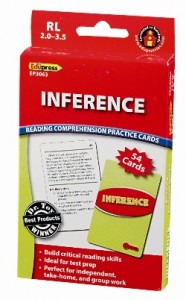Individualized Token Economy Systems
At Autism Partnership we have found the development and implementation of individualized token economy systems to be a powerful tool in accelerating progress for our students. Token economies have been shown to be an extremely effective contingency management system for a variety of populations. Initially, Ted Allyon used token economies to provide consequences to hospitalized mentally ill residents. The procedure proved to be extremely effective and quickly token systems were utilized with other populations exhibiting challenging behavior problems, including “delinquent” adolescents (Montrose Wolf) and mentally retarded adults (Nathrin Azrin).
Today, token economies are used to address a variety of behavioral concerns including those of children with Attention Deficit Disorder and Autism Spectrum Disorder as well as typically developing children. Token economies have been so widely recognized as effective and efficient behavior management strategies to such a degree that they are routinely being employed in general education classrooms throughout the world. (Star Charts, Table Points, Marble Jar).
Tokens are symbols (e.g., points, coins, stickers, ticks or check marks, toy parts, etc), which are delivered immediately after a target response and are exchanged later for an item or activity of preference. Tokens therefore symbolize access to other preferred items or experiences, technically referred to as “generalized reinforcement”. Initially the tokens in and of themselves are not rewarding but once the student understands that tokens can be “exchanged” for preferred activities, their value is established. A daily life example of this process would be our use of money which allows us to purchase desired items or experiences. Creative systems often use motivating tokens such as pictures of favorite cartoon characters, athletes or musicians. Pictures of the target behavior can be used as the symbol as well. The tokens are clearly displayed, allowing the student to always see how many they have earned, and how many more they need to earn until reinforcement will be delivered.
This is part of a guest series by Autism Partnership founders Ron Leaf, John McEachin and Mitchell Taubmann. Established in 1994, Autism Partnership is one of the nation’s premier agencies dedicated to providing intensive behavior intervention for children with autism and their families. They offer a comprehensive program and a variety of proven services, including in-home, in-classroom and one-on-one, as well as lectures and workshops. All programs are handled by expert staff and tailored to each individual child, family and caregiver, with the goal of helping that child achieve their best life. For more information, visit www.autismpartnership.com.



